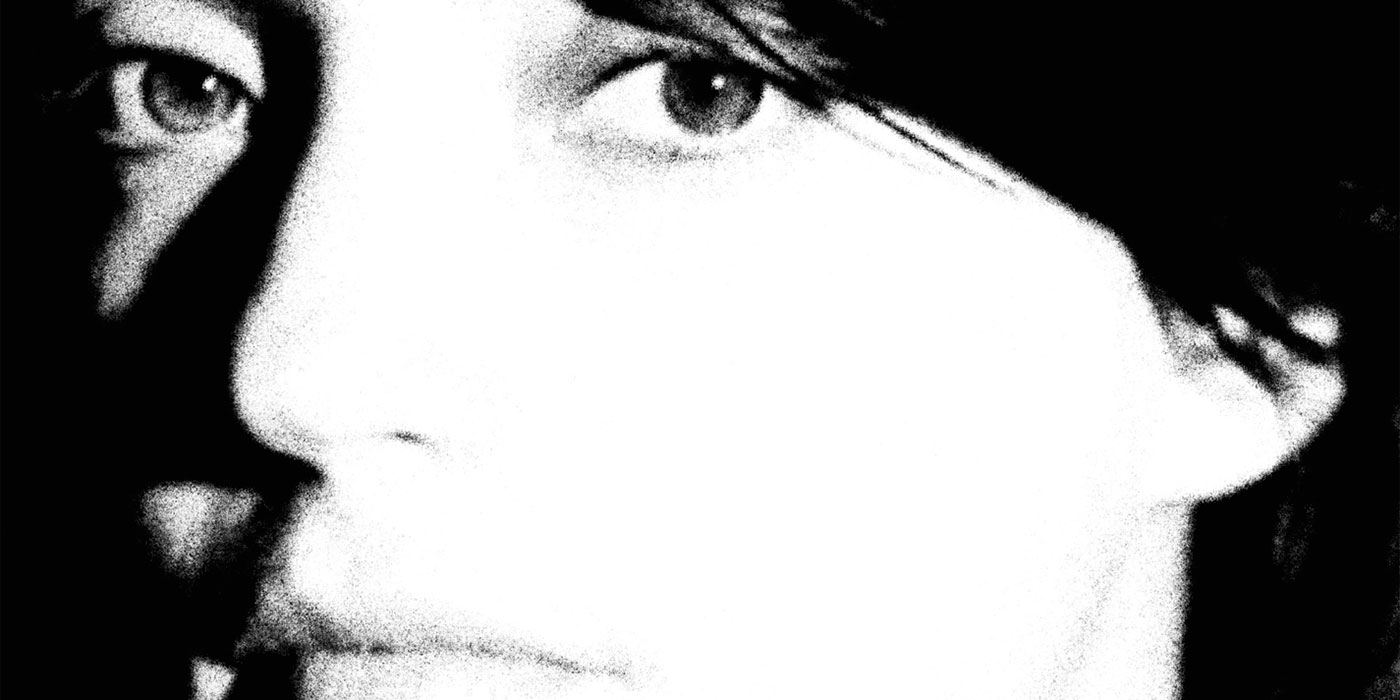Sharon Van Etten took around a calendar year to record Tramp. The broken up recording process took place while Van Etten was virtually homeless in between touring stops. The studio — a converted garage in Brooklyn owned by The National’s Aaron Dessner, who also produced this album — became a home-away-from-home for Van Etten. As she couch-hopped around New York, Van Etten wrote songs that were influenced by her temporary homes. Tramp comes out of this bohemian period, and bears the marks of Van Etten’s itinerant lifestyle. The songs are raw, but showcase an expanded sound and openness that Van Etten has been building up since her debut.
Van Etten’s lyrics bounce between ethereal and almost violently raw, but her delivery is consistently excellent. Dessner uses back-up singers and effects to fill-out Van Etten’s wails to great effect, but she never seems to be occupying too much compositional space; Dessner inserts delicate webs of acoustic piano or slide guitar which form a spaced out call and response that is echoed by Van Etten’s own tendency to answer her own questions: in “Give Out,” she sings “You’re the reason why I’ll move to the city, or why I’ll need to leave.”
Van Etten’s sound has blown up under the watchful eye of Dessner, who balances the rough cogs in the album. The careful mixture of meaty drums, loping guitars, and Van Etten’s pained voice is kept from boiling over in the rollicking “Serpents”. The song’s rock and roll energy is driven by a terrifying depiction of stasis and change within an abusive relationship; Van Etten sings: “Close my black eyes, feel safe at times… You enjoy sucking on dreams / So I will fall asleep / With someone other than you.” The album’s depiction of relational trauma differs from her previous work; in Tramp, Van Etten has taken a step back from the intimacy of the situation, and this re-contextualization lets her approach her confessional lyrics from a variety of different angles. The vengeful “Serpents” is followed by “Kevin’s,” which sighs out a languid, cryptic depiction of the space and communication after a breakup. Sharon Van Etten (like collaborator Zach Condon from Beirut) suffers from social anxiety, and all of her works bear a certain mark of her anxieties; however, living inside her music for the 47-minute length of Tramp is pure delight. [spacer height=”10px”]
https://www.youtube.com/watch?v=exJ3AG0JIeo



